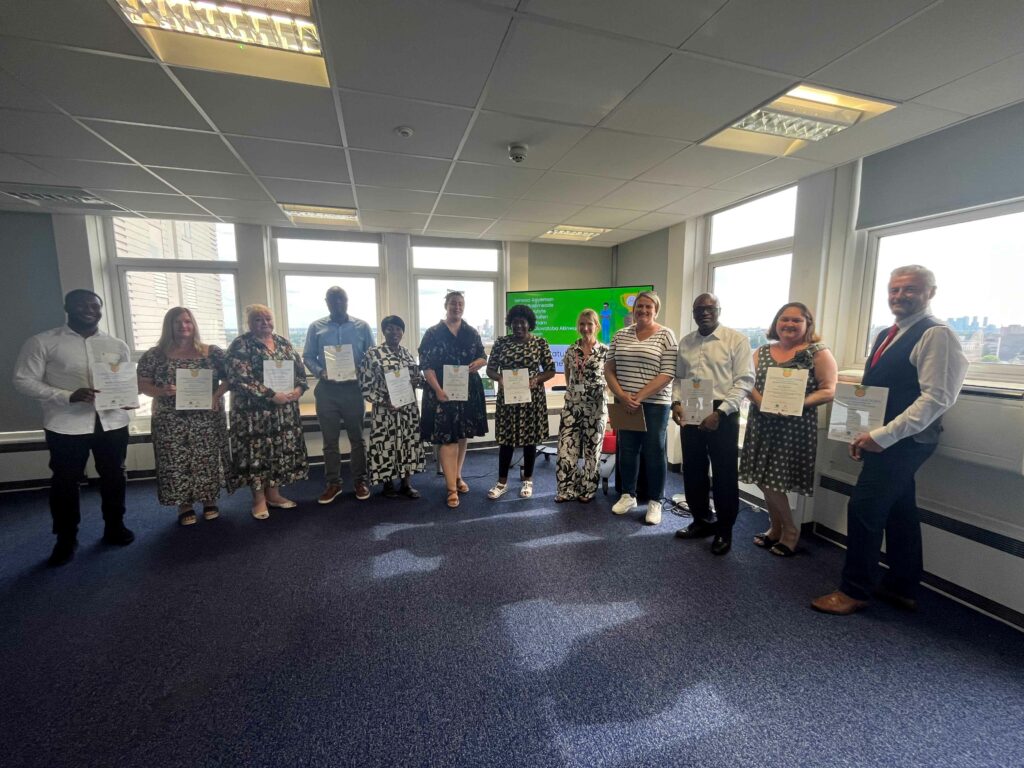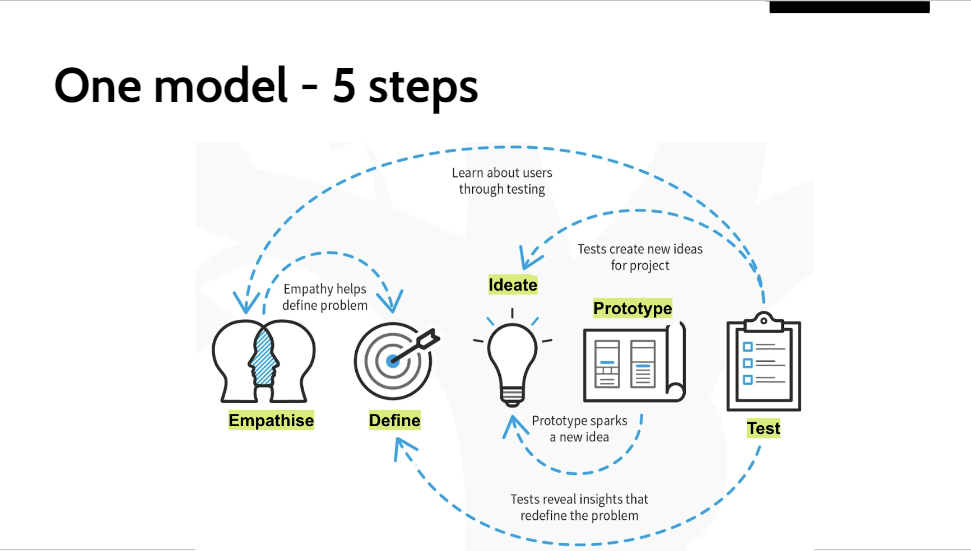Do new AI advancements mean the end to dementia innovation?
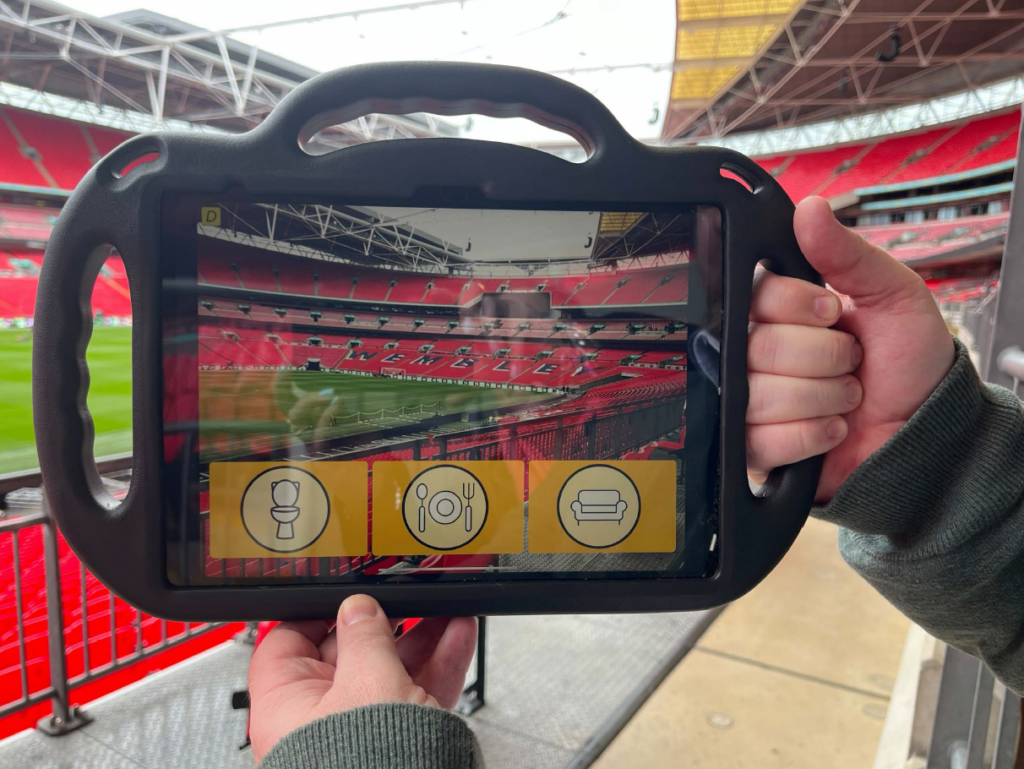
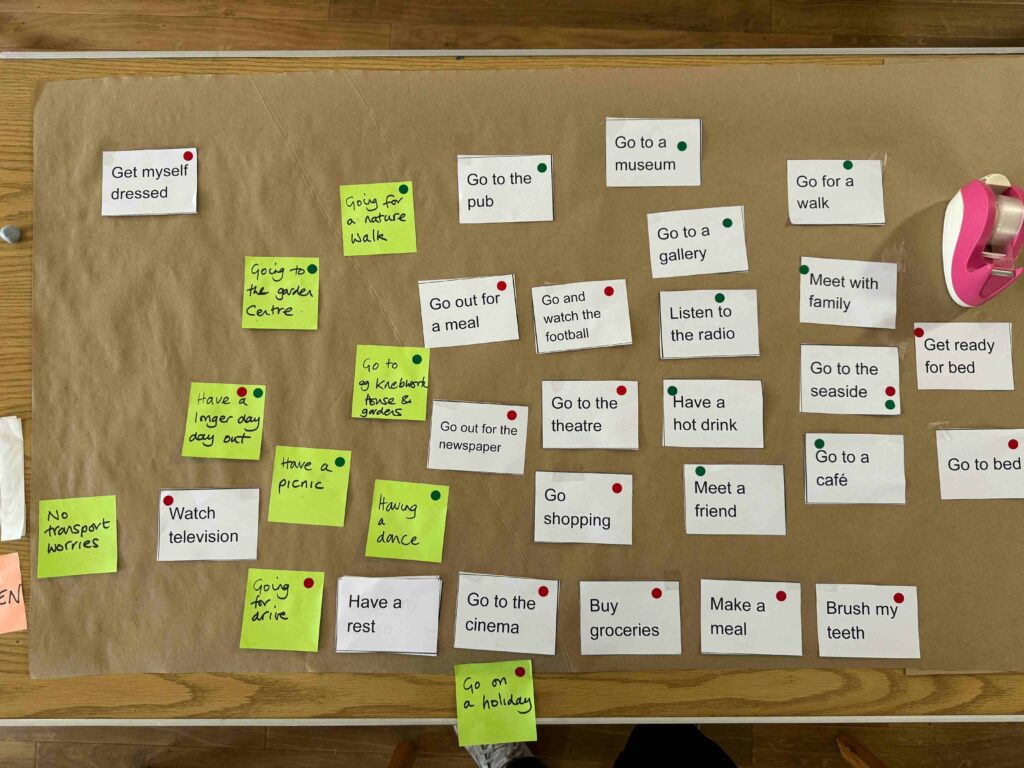
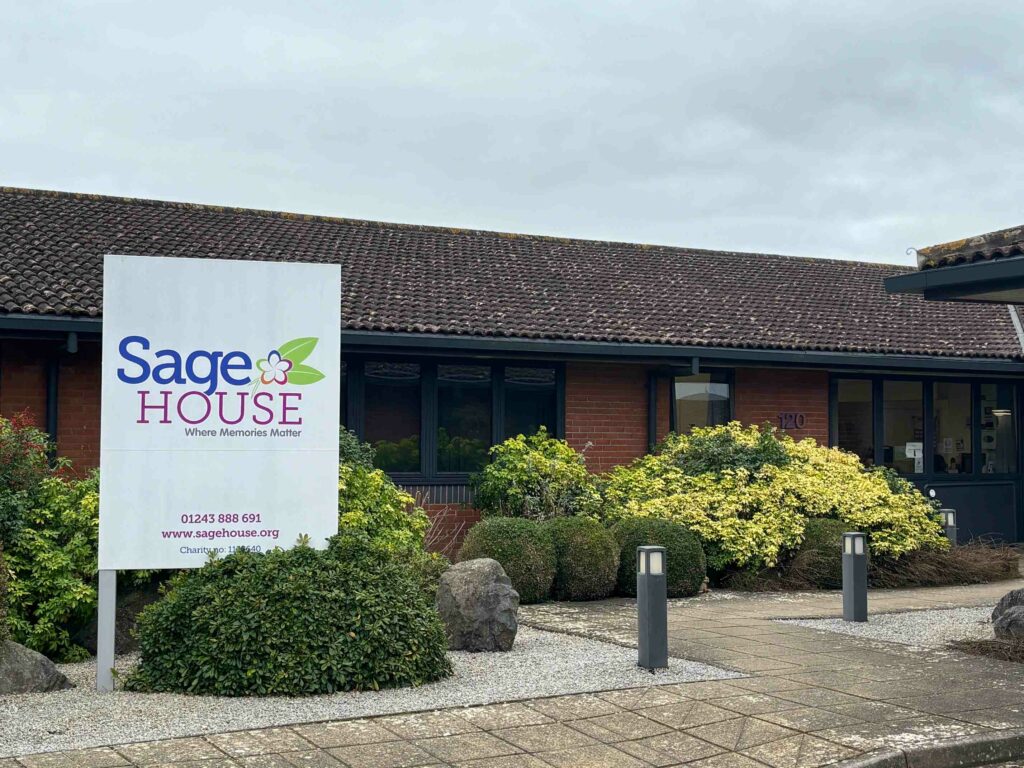
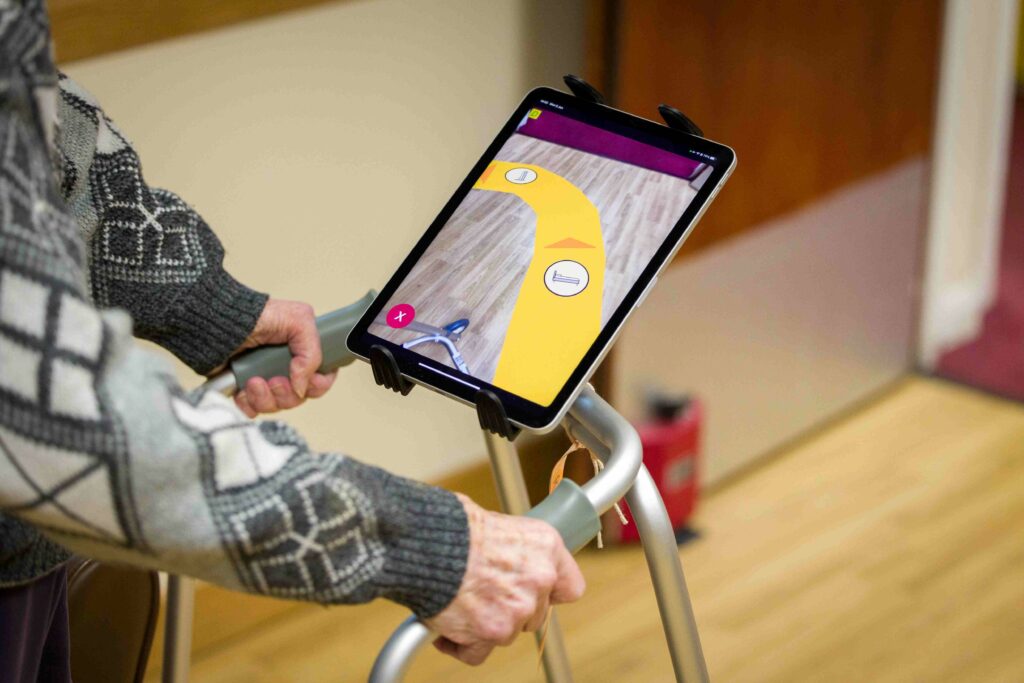
Ben Williams reflects on our development of the Dorothy Community & how he doesn’t consider AI a threat to its advancement.
Whenever you see a question in a headline the answer is always no. But it’s hard not to be impressed with the demonstrations of new versions of Chat-GPT and Google’s Deepmind.
Walking around the office a person asks their Deepmind AI which is viewing everything through the smartphone’s camera “Where did I leave my glasses?” And the AI directs the person to the table and they are reunited with their eyewear. Looking out the window they ask “Where am I?” And the answer that comes back is that it appears to be Kings Cross, and as I happen to live in Kings Cross I can confirm it was correct.
A blind person with their guide dog holds up their smartphone outside Buckingham Palace and asks the new version of Chat-GPT what is happening and it describes the location, and the flag’s position indicates that the King is not at home. Later they get a personable description of ducks in St James Park. The AI natters away in a way that I predict people will tire of. But hugely impressive.
Last year Care City won the Discovery Award for the Longitude prize for Dementia. We partnered with Dorothy, an indoor wayfinding and navigation app that helps people living with dementia walk around independently. Dorothy had been used in care homes and we wanted to create the Dorothy Community – venues and spaces that use Dorothy to become more dementia friendly. I was really excited about the concept, but with so many other great ideas going for the prize I wondered if we would stand out. I was thrilled when we won. But on social media we got a negative comment from one professor saying words to the effect that we had never met people living with dementia and they would never use it. That stuck in my mind over the last year.
We have been testing it in different locations including Wembley Stadium, Eastbury Manor House and Sage House to see if we can get Dorothy to work for venues, making them more accessible. The people we tested Dorothy with have really enjoyed it, they want to use it again, “It makes me so happy when something actually works…I can’t get over how it directed me to where to eat.” But also they said this isn’t just about navigation, it’s about independence. “Why do I have to ask to go to the toilet, just because I can’t remember where it is? You don’t have to ask.” Dorothy gives a person agency and autonomy to be independent.
The new AI demos made me think of all the innovations taking place at the moment. Soon AI will be able to talk to you and help you understand what is going on around you, help you recall where things are, who is talking to you, tell you where you are. Does this mean that if we just wait then AI will solve a number of problems that people living with dementia face? Yes. Am I concerned about Dorothy? No. Because AI is based on using existing data; there are enough images of glasses on the internet and videos of ducks to be able to tell a person what they are seeing. Tech giants have spent years taking images of streets and cities that you can see how logical it should be for an AI to tell where it is.
Now the Dorothy Community will allow any organisation to offer indoor navigation, making their spaces more accessible and dementia friendly, whilst enabling independence for the user.
I’m not worried because Dorothy is different. Dorothy helps you find your way around the inside of buildings. Spaces that we don’t have a lot or any public data on. Dorothy works on locations without using publicly available datasets. Eastbury Manor House is an old building with many visitors, it doesn’t have a huge presence online, but it’s a great day out.
Read more about Dorothy, the challenges we are hoping it will solve, how the idea was born and the team behind its development.
